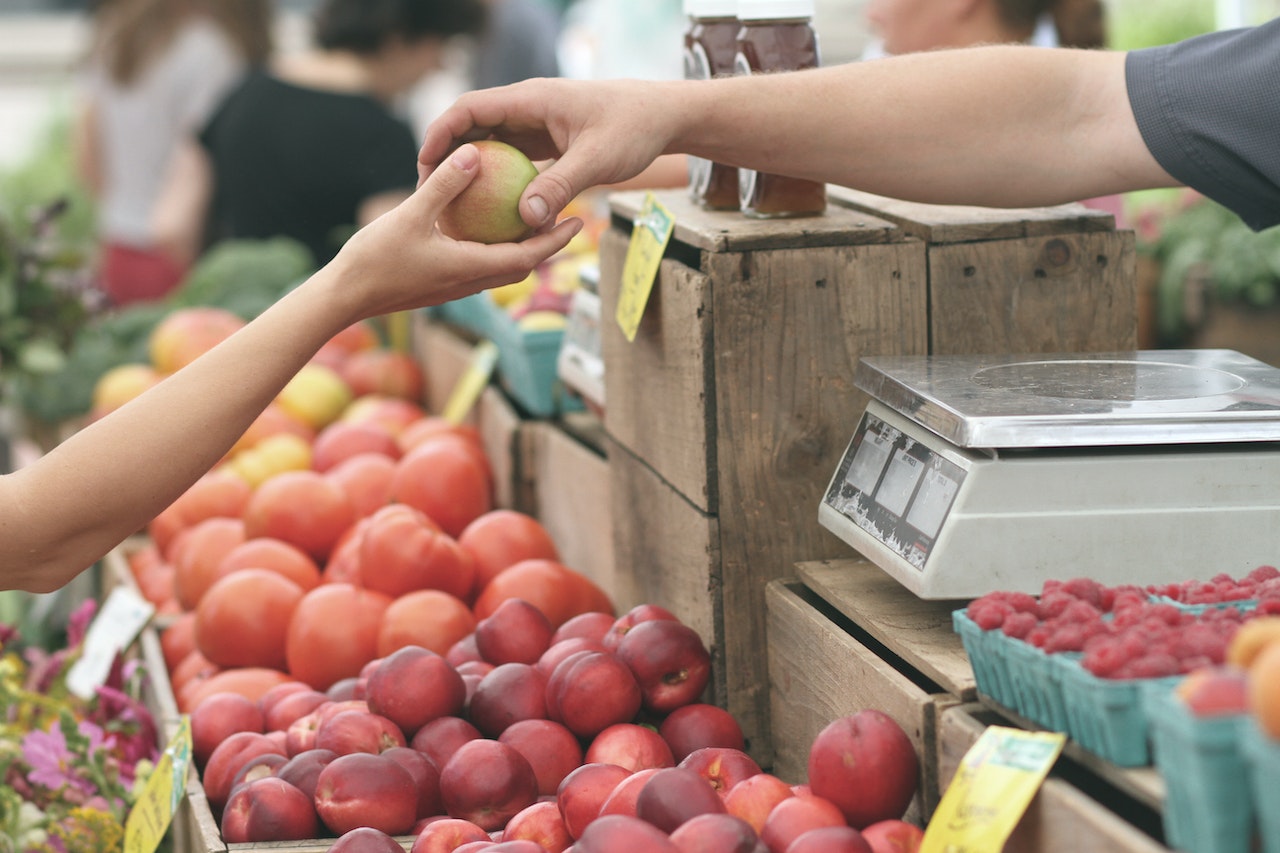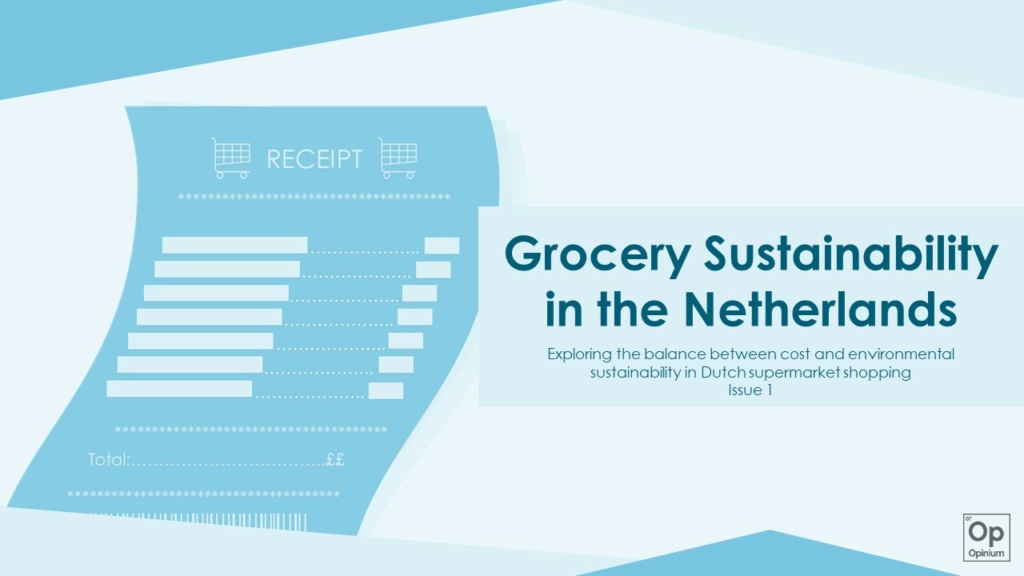Grocery Sustainability Report: Netherlands

The conundrum of cost vs sustainability: Three in five Dutch adults say price is more important than where food is sourced.
As the Netherlands marks World Environment Day 2023, Opinium’s latest report in their Sustainability Series investigates the impact of the rising cost of living on Dutch consumers and their sustainable grocery shopping habits.
With the cost-of-living crisis having a detrimental effect on millions of households, over four in five (82%) Dutch consumers state that buying groceries that are sustainably sourced is important, but over three in five (61%) agree that price is more of a factor than where the food they buy was sourced or grown.
Despite this, concern for the environment continues to go up among the Dutch population, with almost seven in ten (68%) saying they are worried about the environment now compared to 46% who said this was a concern five years ago. Over one in ten (11%) cited the environment as their current main concern. In addition, two in five (39%) say reducing food waste is the biggest environmental issue they are concerned about, higher than reducing the amount of single use plastics (29%) and cutting pollution in oceans and rivers (28%).
With this in mind, almost two thirds (64%) say they do their best to limit the environmental impact of the food they eat, but many are looking to supermarkets to help them get there, with two in five (39%) saying the best thing supermarkets can do to get people to shop sustainably is to be more competitive on cost.
The impact of the cost-of-living crisis
With the average weekly grocery shop increasing by €29,60 since January almost almost half (45%) of Dutch adults say they are unsatisfied with their ability to spend on non-essential items and two fifths (39%) are unsatisfied with their ability to even just live within their means.
To afford their weekly shop, Dutch consumers have had to change their way of life, including their diet, and potentially even sacrifice their health. Two fifths (43%) have turned off the heating and over a third (36%) have cooked more at home. Just under one in five (17%) have reduced the amount they eat to afford their weekly shop.
Further details
To access the full report and find out more about how brands and supermarkets can encourage sustainable shopping behaviours and what Dutch consumers are doing to lower their expenditure please fill in the form below.





